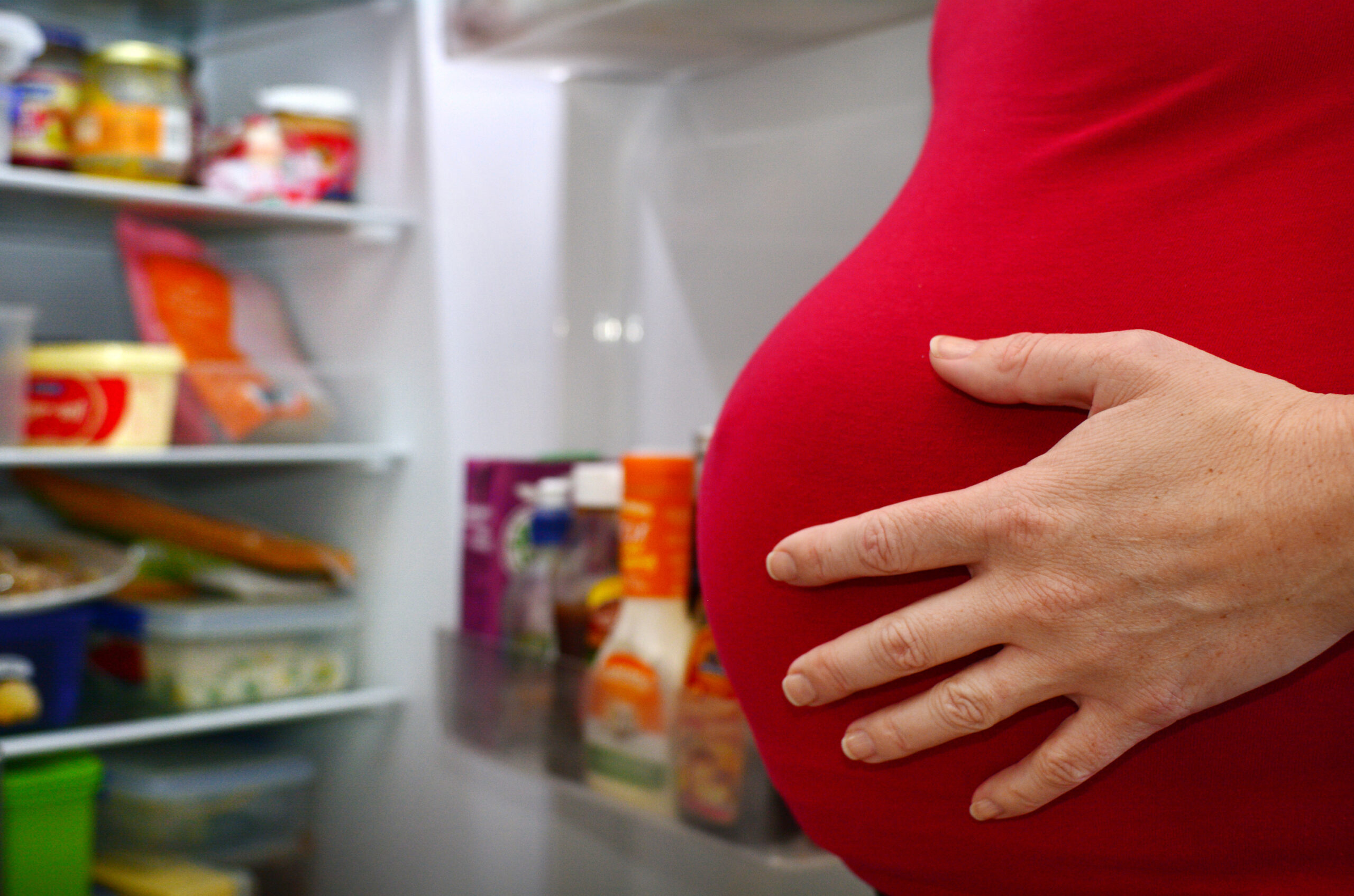

Pregnancy & Dietary Behavior
The CNP Pregnancy and Dietary Behavior Research Category consolidates research exploring the interdependent relationship between pregnancy and dietary behavior. To view each original study on the open internet, click “Original.” To view the CNP-written abstract summary, click “CNP Summary.” While only some of the CNP-written abstract summaries are available below for free, all abstract summaries are available to CNP members through the CNP Library Membership.
FEATURED CNP RESEARCH SUMMARY
This 2019 study evaluated the diet of the 1003 pregnant US women (aged 20-40 years old) who participated in the 2001-2014 National Health and Nutrition Examination Survey. Bailey et al. planned to assess their normal nutrient intakes (including both foods and dietary supplements), and examine what proportion of the population meet or exceed the recommendations for pregnant women in the U.S. (the National Academies of Sciences, Engineering, and Medicine Dietary Reference Intake). While most of the pregnant women took dietary supplements, at least 10% of the sample consumed insufficient levels of magnesium, vitamin A, B6, C, and E, iron, folate, zinc, and calcium. Moreover, some pregnant women exceeded the adequate intake for potassium, choline, and vitamin K. Other concerns included the overconsumption of sodium by most of the participants, and of folic acid, iron, calcium, and zinc by some women. Women who took supplements were less likely to obtain enough iron (from food alone) to put themselves at risk, compared with those who did not take supplements. However, using supplements elevated the chances of excessive iron and folic acid intake. To summarize, a significant number of pregnant ladies are not meeting recommendations for vitamins D, C, A, B6, K, and E, folate, choline, iron, calcium, potassium, magnesium, and zinc even with the use of dietary supplements. In addition, most of the participants were at risk of sodium overconsumption and many were ingesting folic acid and iron at levels that would put them at risk.
2020
Perceived stress can mediate the associations between a lifestyle intervention and fat and fast food intakes
CNP Research Summary can be found in the CNP Library Membership
2022
Mediation by Executive Functions in the Associations Between Perceived Stress, Prenatal Distress, Emotional Control, and Dietary Intake in Overweight or Obese Pregnant Women
2020
The accelerator, the brake, and the terrain: Associations of reward-related eating, self-regulation, and the home food environment with diet quality during pregnancy and postpartum in the pregnancy eating attributes study (PEAS) cohort
CNP Research Summary can be found in the CNP Library Membership
2018
Factors associated with adherence to nutritional recommendations before and during pregnancy
CNP Research Summary can be found in the CNP Library Membership
2019
Estimation of total usual dietary intakes of pregnant women in the United States
2020
Dietary guideline adherence during preconception and pregnancy: A systematic review
